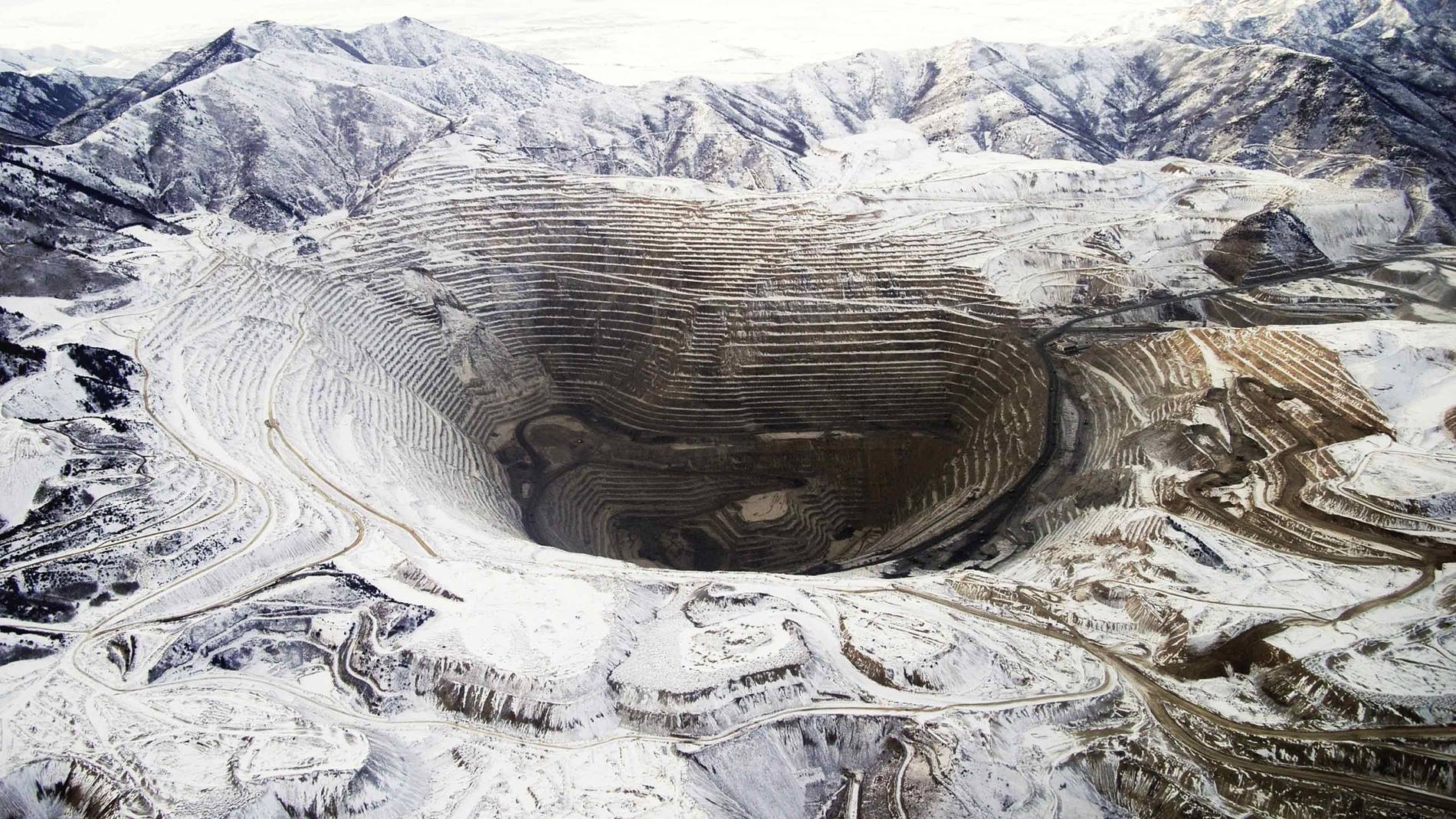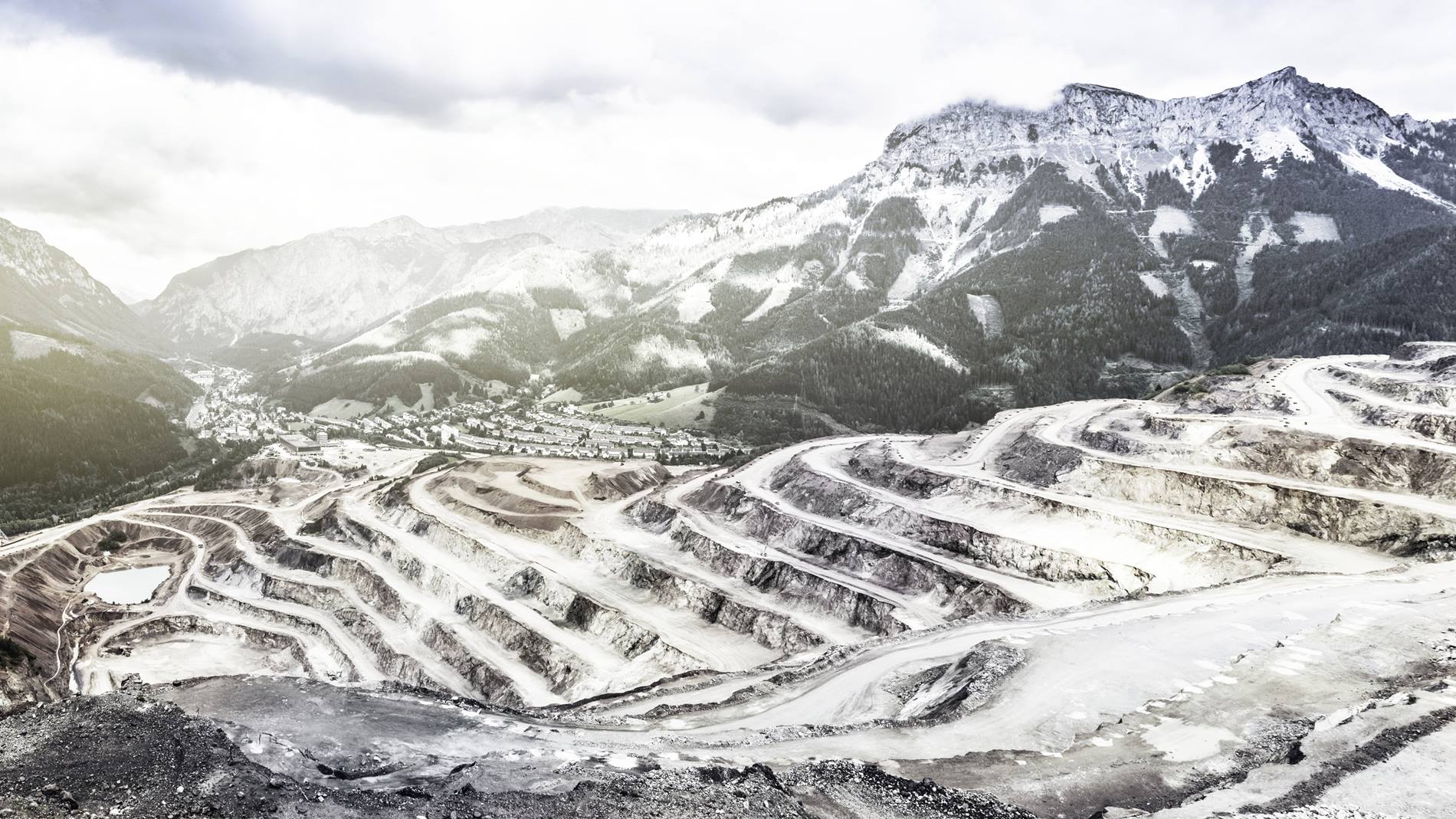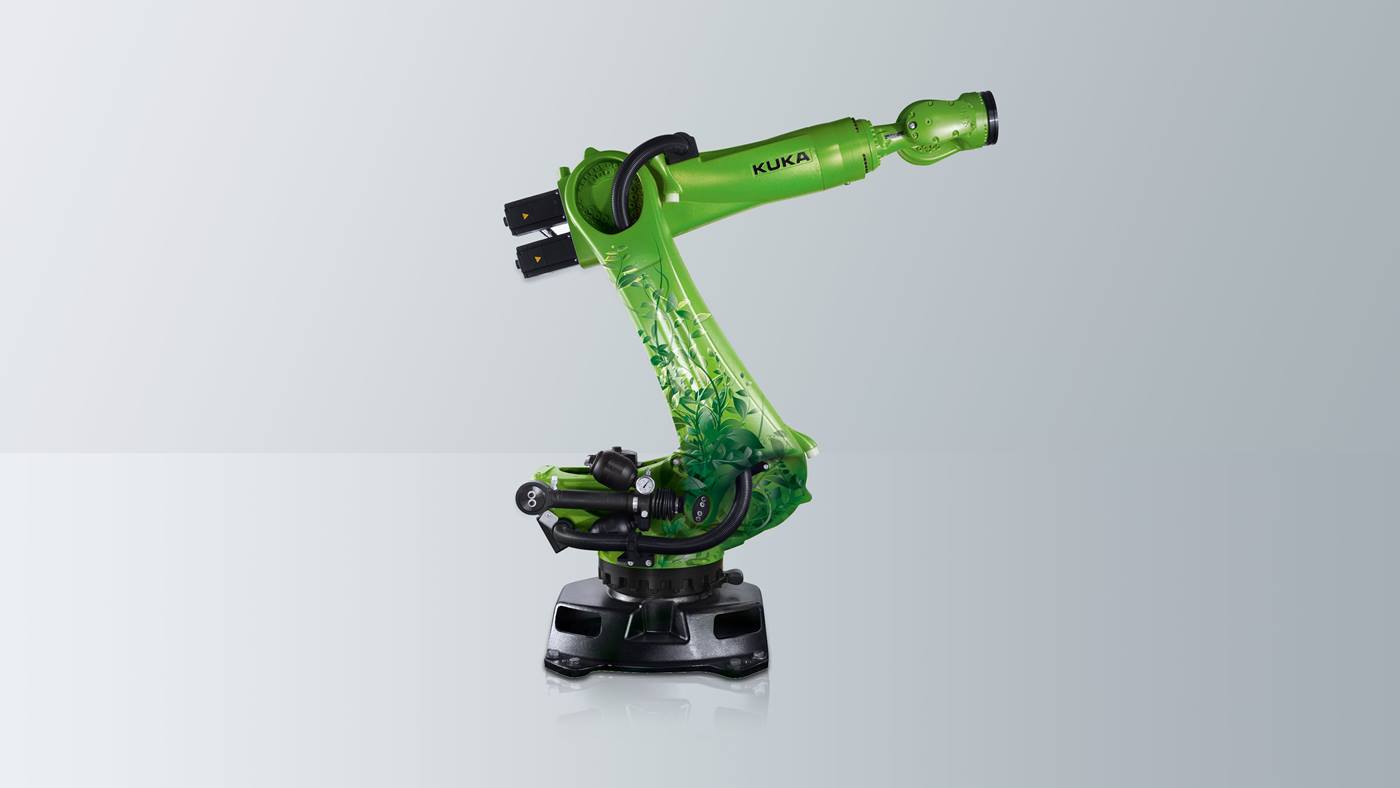Scarcity of resources due to rising demand
There are only limited, non-replenishable supplies of minerals, metals and fossil resources on our planet. As population growth gives rise to increasing demand for industrial and consumer goods worldwide, the availability of non-renewable natural resources is dwindling.
Furthermore, the quality of natural resources such as water, air and soil may become permanently damaged as a result of commercial activities. Heightened consumption and unsustainable production are depleting natural sources of these life-supporting essentials.
Resource scarcity will continue to cause critical and, to a certain extent, irreversible environmental damage. But it will also impact the economy by causing market prices to rise. Among manufacturing companies, those with high energy and material requirements will especially feel the effects of resource scarcity on their operational costs.
In order to remain competitive on the global market, it is becoming increasingly important for companies manage resources responsibly and sustainably, choosing to use alternative energy sources and renewable materials.






